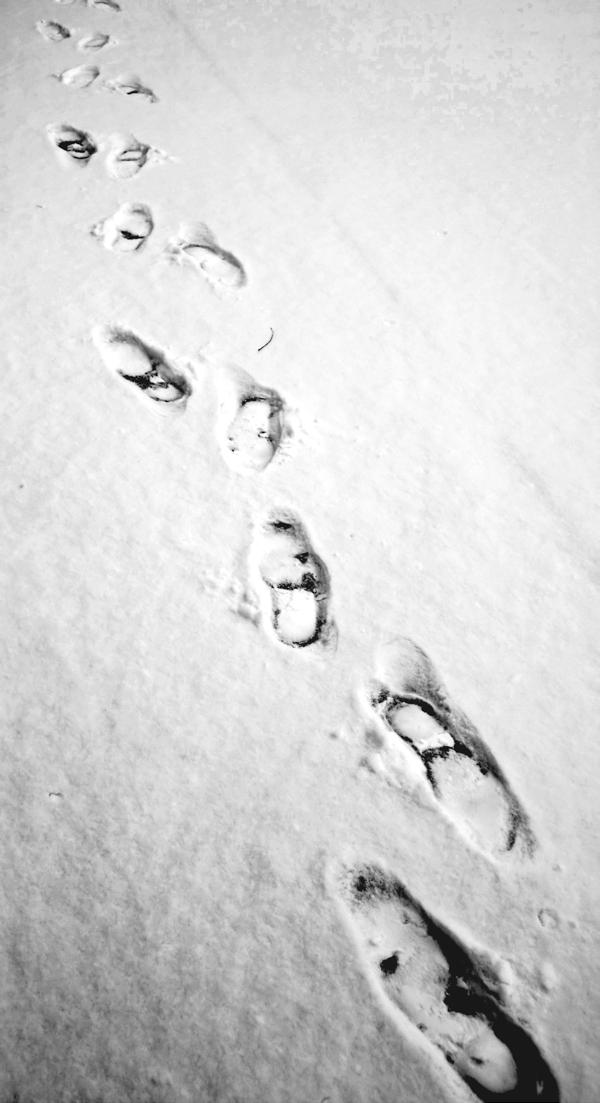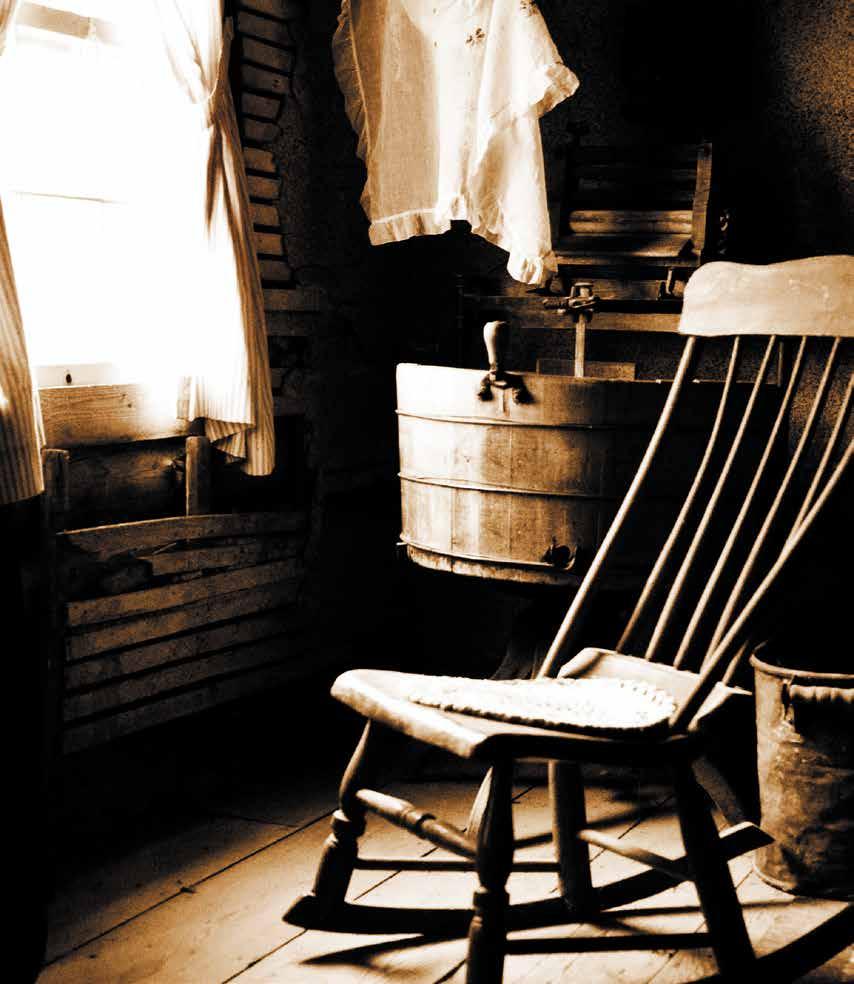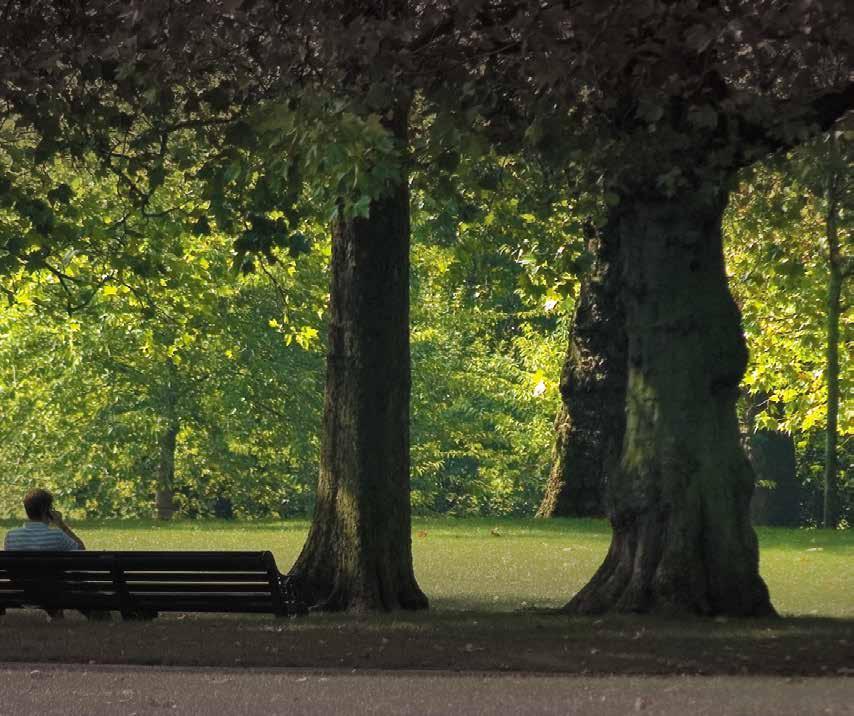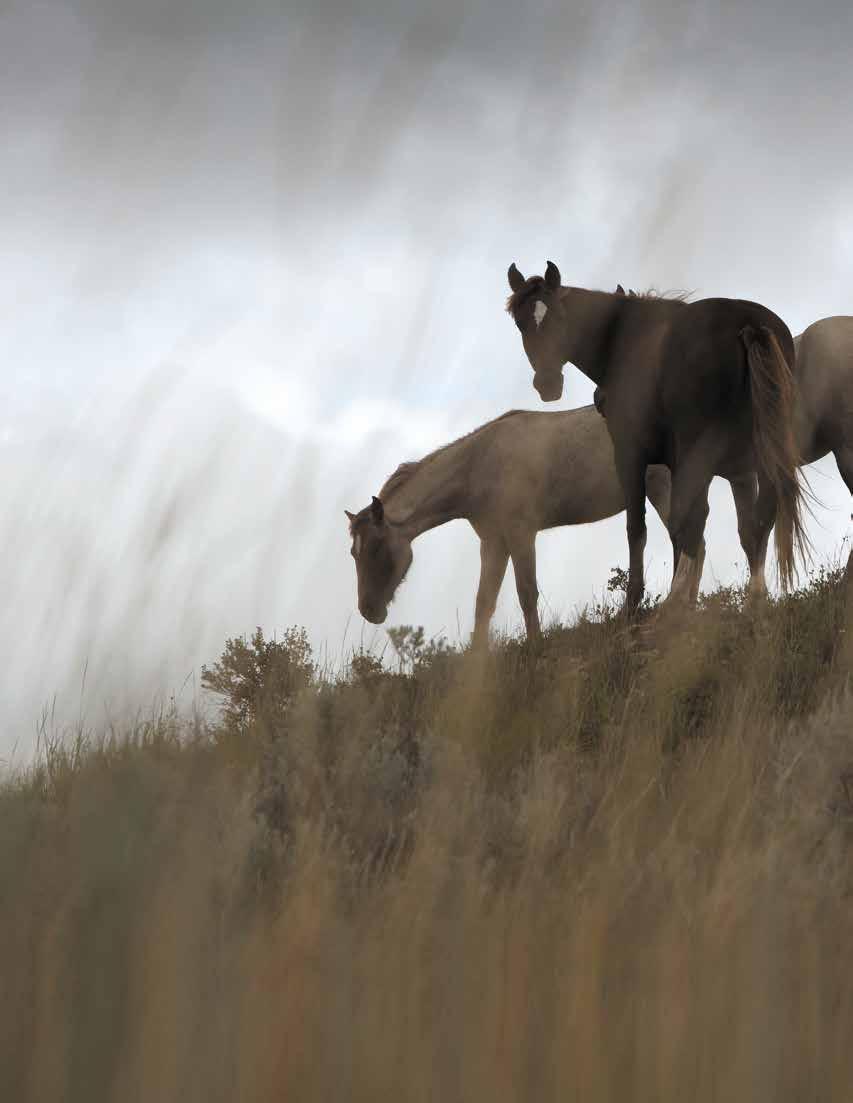[sense of place section]
Refusing Nostalgia: On Geographical Flight and Cultural Amnesia As a child, I was a map gazer. I’d set my small finger down in Alsace, in that blessed valley of castles, church spires, vineyards, and rolling fields of sunflowers between the Vosges Mountains and the Rhine river, then I’d tramp my fingers like a small scissors eastward through Germany. I’d touch down on the shore of the Danube and trace its long artery, the eastern route my ancestors took in 1803 to reach Odessa on the Black Sea. I longed to feel under my fingertips the slow progress of the overland caravan, the teams of oxen, the pots and pans, the crying babies—a 1,900 mile journey—just to reach the acres of unbroken steppe land near the Black Sea that had been offered to my ancestors by Czar Alexander I. Odessa! Just the name conjured images. I was growing up in North Dakota, in a small town named Napoleon, which was near a bigger city named Bismarck (equally evocative names), but Odessa sounded to me like destination number one, conjuring images of poor Odysseus trying and not trying to make it home from the Trojan Wars. And the Black Sea, which was nothing like the Red Sea or the Dead Sea, but black, meaning the unknown, possibly danger. I admired the mettle of my ancestors. They had walked through the Black Forest to get to the Black Sea. They made homes for themselves in the villages they created in South Russia in 1803, surviving the trauma of flight and exile from their original homeland in Western Europe, and they lived in those villages near the Black Sea as an ethnic minority for almost three generations. The promises they were given by the Czar— freedom from taxation, freedom from military service, the freedom to keep their own language, religions, and schools—held for about eighty years. When some of those promises were withdrawn and young men from the villages were forcibly conscripted, my great-grandparents and their young children fled Russia and immigrated to America between the years 1886 and 1911. Answering the invitation for free land through the Homestead Act, they repeated the pattern of flight, exile, and resettlement in the Dakota Territory. This ethnic group, now sprinkled through much of the central United States, is called the Germansfrom-Russia. The migrations that mark my ethnic group are preserved in their
14










